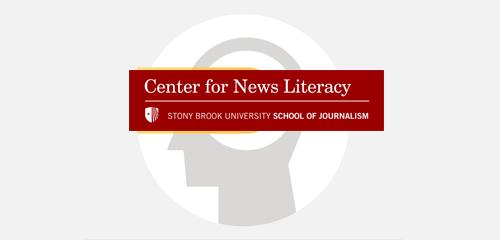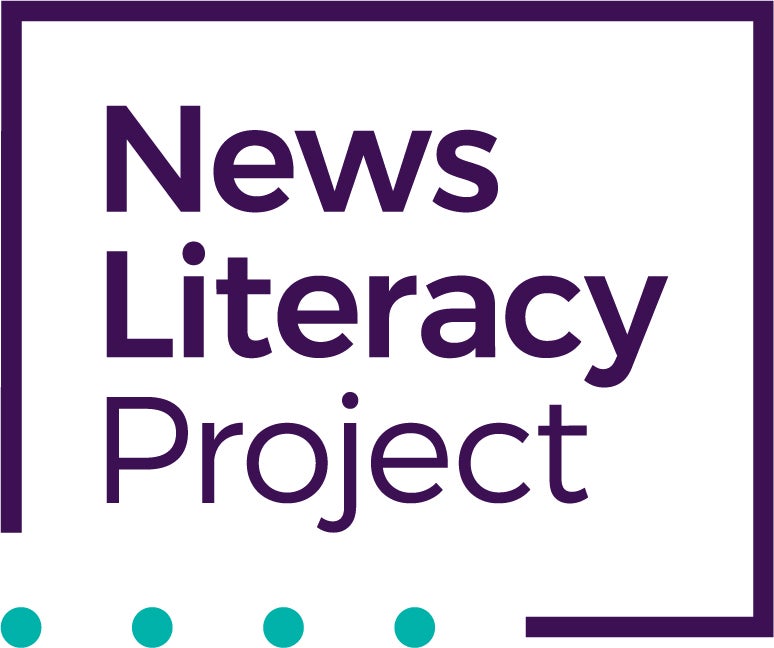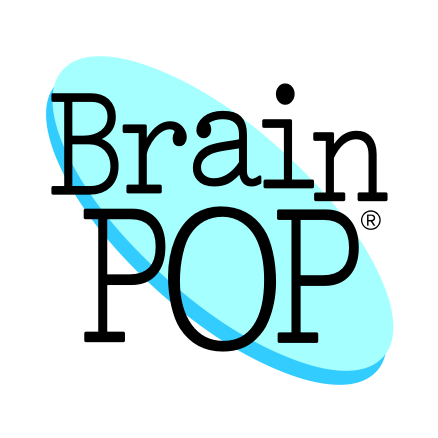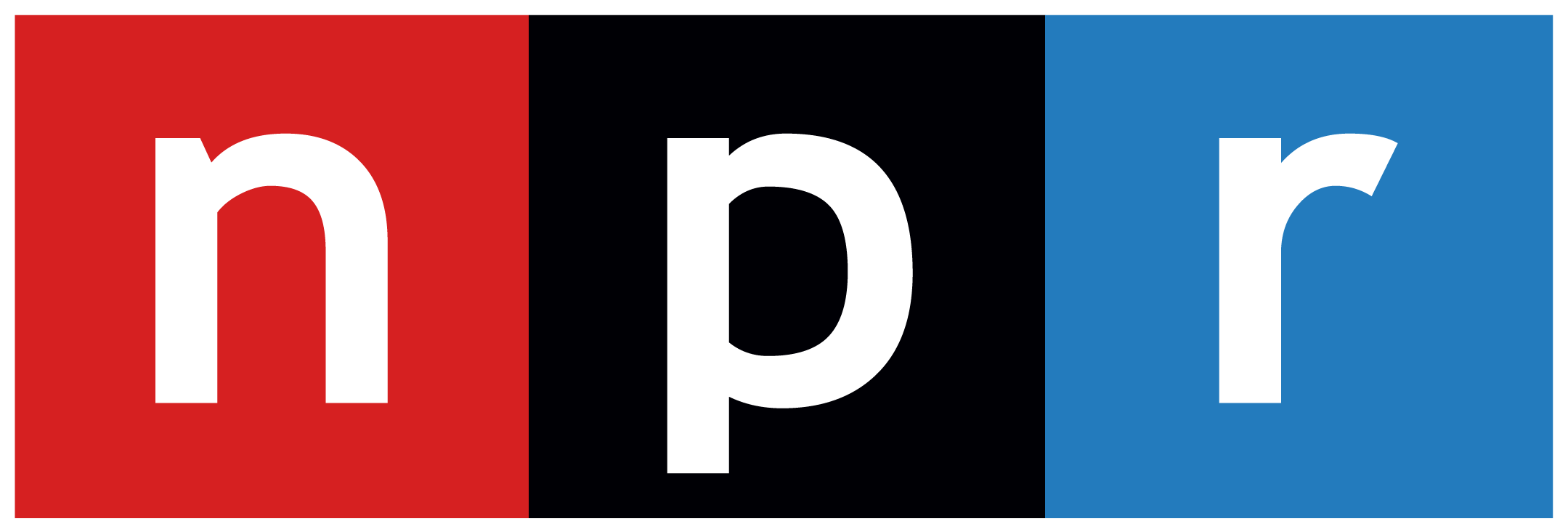
Here are the key questions to ask yourself:
Important Terms
Trustworthy: able to be relied on as honest or truthful.
Reliable: able to be trusted to behave well; information: always accurate.
Fake/False News: Fake news refers to false reports or misinformation shared in the form of articles, images, or videos which are disguised as “real news” and aim to change people’s opinions. Fake news is spread by social media users and hidden social bots which comment on, repost, and retweet such news items.
Media Literacy: Media literacy is the ability to ACCESS, ANALYZE, EVALUATE, CREATE, and ACT using all forms of communication. In its simplest terms, media literacy builds upon the foundation of traditional literacy and offers new forms of reading and writing. Media literacy empowers people to be critical thinkers and makers, effective communicators and active citizens.
Disinformation : false information which is intended to mislead, especially propaganda issued by a government organization to a rival power or the media.
Misinformation : false or inaccurate information, especially that which is deliberately intended to deceive.
Bias : Bias is a tendency to prefer one person or thing to another, and to favor that person or thing.To bias someone means to influence them in favor of a particular choice.







BIAS CHART KEY:
Left : Left-wing politics is usually progressive, meaning that left-wing people think the government should help make social change happen. They believe governments should try to create more social equality and economic equality. (Democrats)
Far Left: the more extreme supporters or advocates of social, political, or economic change, reform, or revolution designed to promote the greater freedom, power, welfare, or comfort of ordinary people
Lean Left : Wants larger government; Looks for and supports government solutions to social and business problems; Looks for additional government regulation; Looks for government intervention in market prices, that is, setting price floors and price ceilings; Looks for equality of results; Sees government as the source of “rights”; Sees government as enforcer; Prefers the comfort of knowing what to expect;
Center : Centrism is a political outlook or position that involves acceptance and/or support of a balance of social equality and a degree of social hierarchy, while opposing political changes which would result in a significant shift of society strongly to either the left or the right. (Moderates or Centrists)
Lean Right : Wants smaller government; Looks for individual or market solutions to social problems; Looks for less government regulation; Likes the price signal sent by prices generated through relatively unfettered market competition and supply and demand interaction; Looks for equality of opportunity; Sees government as protector of “rights” that exist without government say so; Sees government as a referee of a reasonable rule-of-law; Enjoys the messiness of freedom and uncertainty;
Right: Right-wing people tend to say the government should not make social change happen.The word right, in contrast, refers to people or groups that have conservative views. That generally means they are disposed to preserving existing conditions and institutions. Or, they want to restore traditional ones and limit change. (Republicans)
Far Right : the more extreme supporters or advocates of social, political, or economic conservatismpr reaction, based generally on a belief that things are better left unchanged.

The digital age has made it easy for anyone to create media. We don't always know who created something, why they made it, and whether it's credible. This makes media literacy tricky to learn and teach. Nonetheless, media literacy is an essential skill in the digital age.
Specifically, it helps:
Learn to think critically. As kids evaluate media, they decide whether the messages make sense, why certain information was included, what wasn't included, and what the key ideas are. They learn to use examples to support their opinions. Then they can make up their own minds about the information based on knowledge they already have.
Become a smart consumer of products and information. Media literacy helps kids learn how to determine whether something is credible. It also helps them determine the "persuasive intent" of advertising and resist the techniques marketers use to sell products.
Recognize point of view. Every creator has a perspective. Identifying an author's point of view helps kids appreciate different perspectives. It also helps put information in the context of what they already know -- or think they know.
Create media responsibly. Recognizing your own point of view, saying what you want to say how you want to say it, and understanding that your messages have an impact is key to effective communication.
Identify the role of media in our culture. From celebrity gossip to magazine covers to memes, media is telling us something, shaping our understanding of the world, and even compelling us to act or think in certain ways.
Understand the author's goal. What does the author want you to take away from a piece of media? Is it purely informative, is it trying to change your mind, or is it introducing you to new ideas you've never heard of? When kids understand what type of influence something has, they can make informed choices.

Created By
Miss Lockhart: Student Teacher to Ms. Murray, Studying Library Science